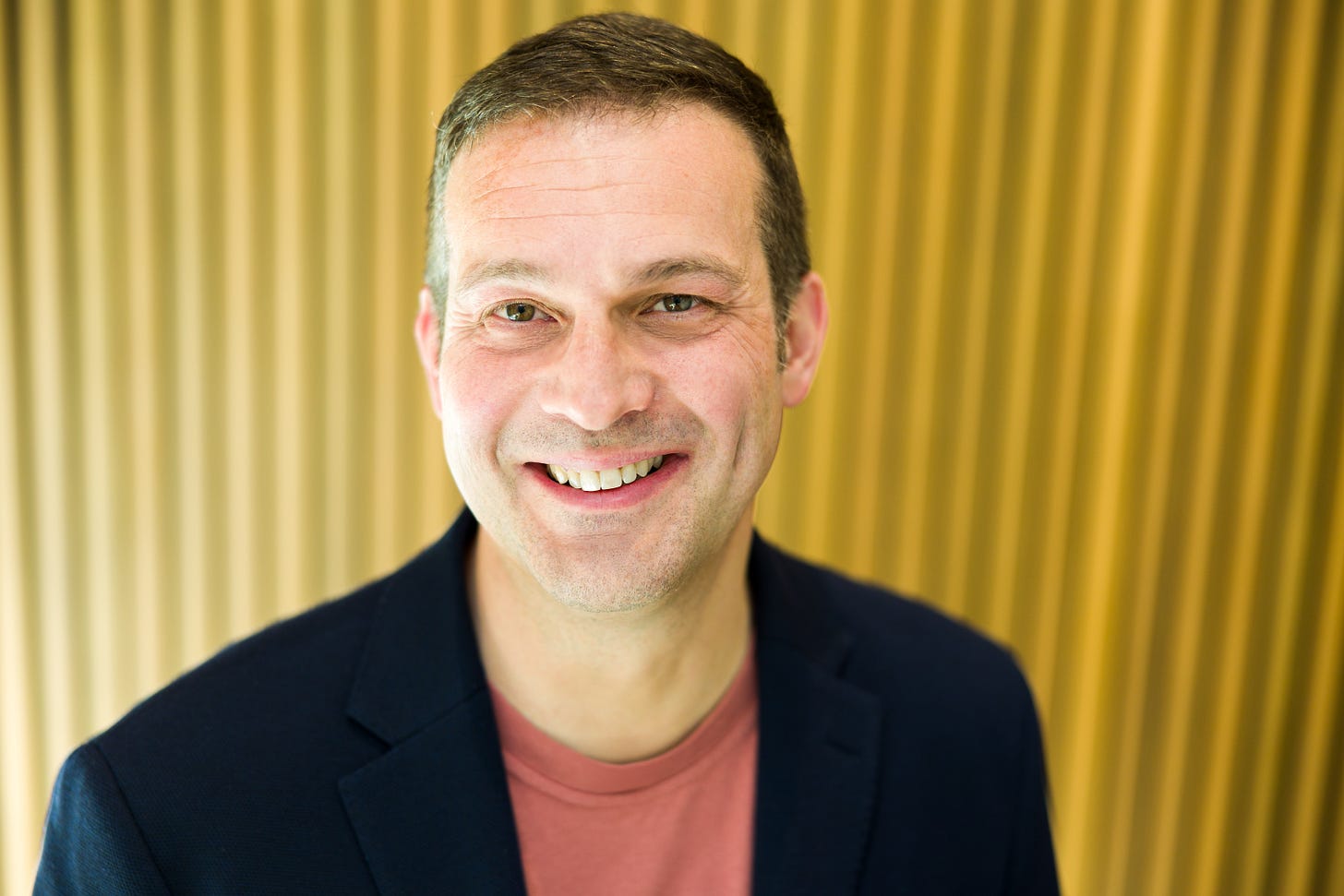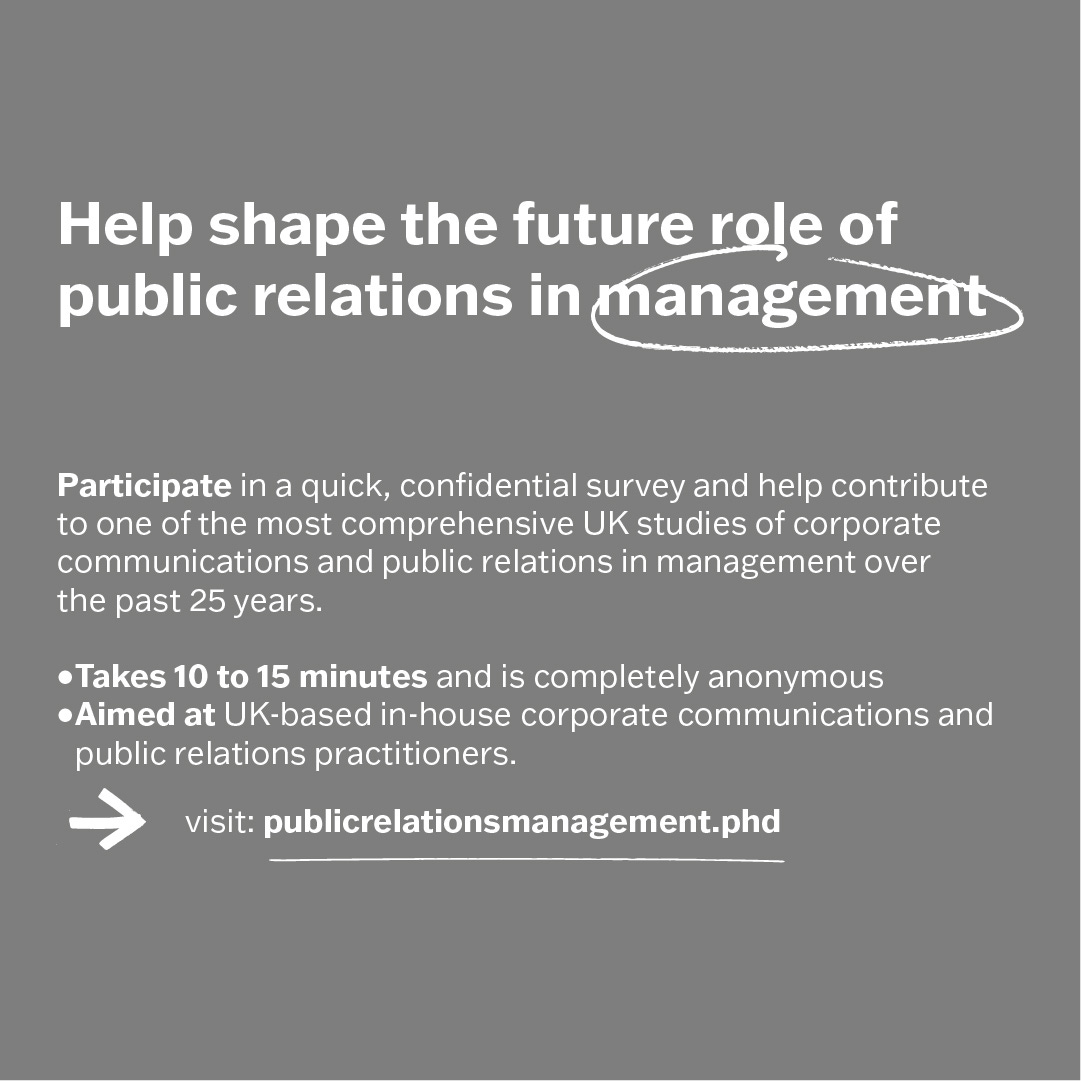✅ ADHD, communications and finding strength in difference
Communications is fast-paced, demanding and filled with competing priorities. It's an environment suited to the ADHD mind.
Dominic Ridley-Moy is the founder of the Behaviour Change Network, helping organisations, businesses, and charities drive positive behaviour change, save money over traditional forms of communication, and deliver measurable impact.
In this final guest editorial of the summer, he shares a personal story: more than a year ago, he was formally diagnosed with ADHD, a form of neurodivergence that shapes how people manage attention, focus and control impulses.
While often associated with restlessness or distraction, ADHD also brings unique strengths such as creativity, energy and hyperfocus. These are all qualities that can thrive in the right environment.
Dominic reflects on how his diagnosis has helped him reframe difference as strength, and how it continues to shape his approach to communication and behaviour change.
By Dominic Ridley-Moy
More than a year ago, I got a formal ADHD diagnosis at the age of 46.
It was, and wasn’t, a surprise. In recent years, I’d suspected that my brain functioned a little differently, but having it confirmed explained a great deal about my life, my work, and how I process the world.
Since then, I’ve been on a journey to embrace my ADHD, which hasn’t always been straightforward. From exercise to medication to coaching, each step has been helpful in its own way. But for anyone thinking about getting a diagnosis, it has helped me understand who I am and why I’m wired the way I am.
Why a career in communications suits the ADHD mind
Fortunately, I’ve spent my career in communications. It’s an environment that provides constant buzz, variety, and challenge. It’s ideally suited to an ADHD mind.
Communications is fast-paced, filled with moving parts, competing priorities and urgent deadlines.
My ADHD brain thrives in this kind of setting. And now that I run the Behaviour Change Network, I get to hyperfocus on my passion for all things behaviour change. For anyone with ADHD, it’s important to remember the benefits it brings. Here are the strengths I value most:
Hyperfocus: When something grabs my interest, I can work on it with laser-like intensity. Luckily, my work excites me, so I channel that intensity into behaviour change.
Working with people: I love meeting people, hearing their challenges, and learning what makes them tick.
Idea generation: My mind makes connections quickly. I can jump from a behaviour change framework to a creative campaign idea in minutes and pivot quickly if needed.
Empathy: Many individuals with ADHD tend to experience emotions more intensely. That emotional awareness helps me tune into audience needs and write messages that resonate, not just inform.
It’s not all easy. But for anyone navigating neurodivergence, recognising and celebrating your superpowers is essential.
ADHD has also given me a unique perspective on behaviour change. In my work, I’m often trying to understand why people don’t do the logical thing. And why they resist change even when it’s clearly in their interest.
Living with ADHD means I know first-hand that barriers to action aren’t always rational. But that’s okay. We all do things that may seem irrational. The ADHD brain just has an extra layer to it.
Turning difference into a strength
Getting my diagnosis hasn’t fixed anything. What it’s done is help me understand what makes me tick. And reminded me that what we sometimes see as flaws often have another side: a strength others value.
My brain is wired differently. And in my world of communications and behaviour change, that difference isn’t just okay, it’s an advantage, because difference is often where new ideas, fresh perspectives and lasting change begin.
Public relations is often viewed as a tactical communication function rather than part of management. Too often, we’re asked to communicate the outcome of decisions, often via the media, rather than contribute to strategy, planning and decision-making. Please contribute to my PhD research study that aims to solve this longstanding issue.


